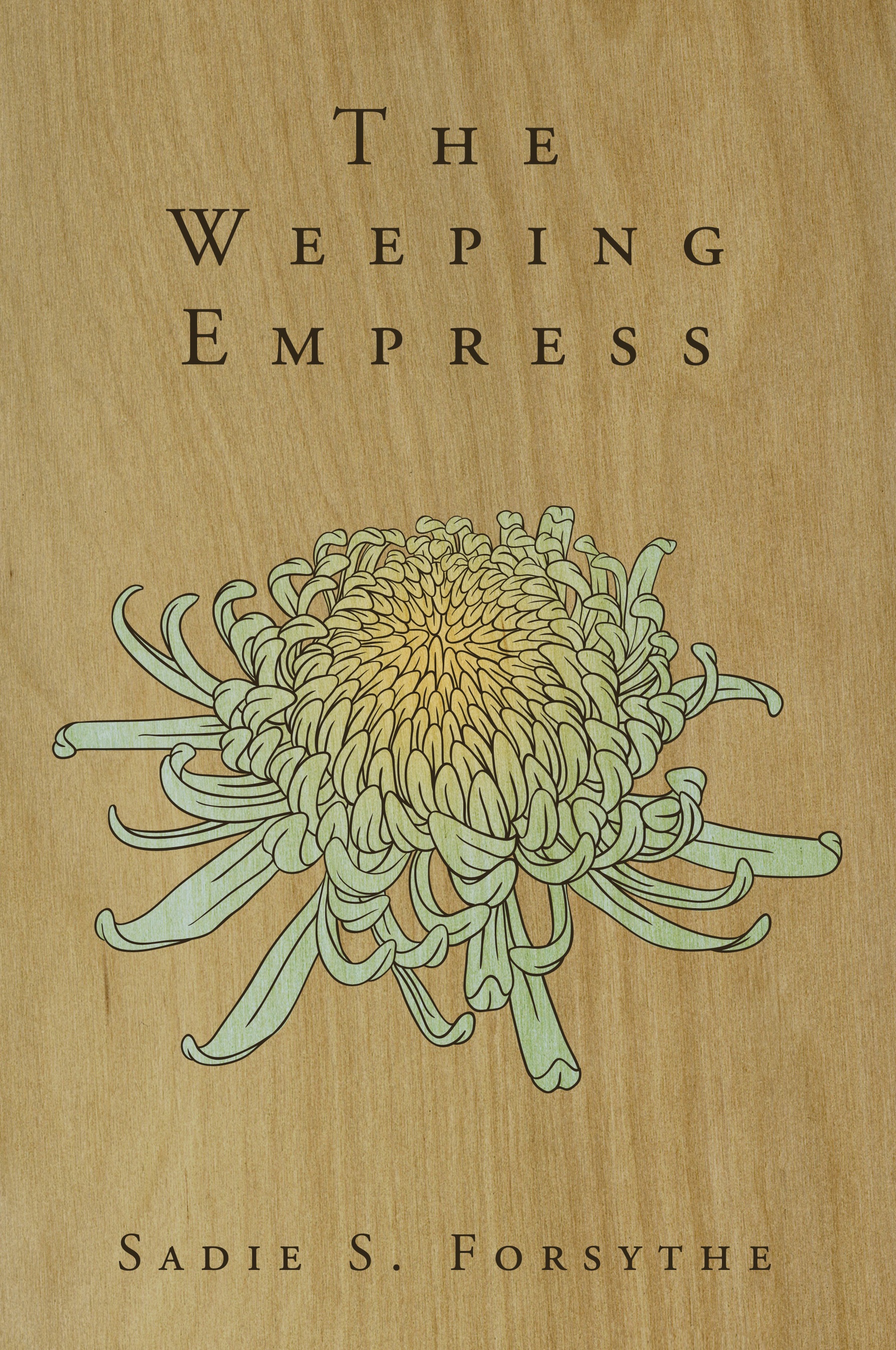I spend a lot of time of Goodreads. Partially because I have a book out and feel uncontrollably compelled to obsessively check for new reviews and/or comments. But also partly because I just love perusing the forum threads, pontificating on who knows what, and generally making an online spectacle of myself.
A thread that recently caught my attention questioned why Amazon reviews tend to be tougher than Goodreads reviews. To be honest this isn’t something I’ve noticed, but I trust that whomever started the thread had a reason (possibly personal) to ask the question.
The actual 1st post said,
Why do you suppose Goodreads reviewers are harsher than Amazon reviewers? It’s an interesting phenomenon. I wonder if Amazon filters out some of the bad ones in order to boost sales numbers….
Responders came up with a number of plausible reasons. It might be that readers are at least peripherally aware that a book could be someone’s livelihood and are cautious about being too critical in the selling environment. Come on, it’s possible. It could be the terms and conditions or one website being more willing to enforce them than the other. It could be that readers are more likely to have purchased the books they review on Amazon since Goodreads is a great place to find free reads.
Since the initial question wasn’t entirely clear whether it was referring to the actual review or the star ratings, my own contribution to the discussion centered on the later. Having thought a little more on the matter I think it is worth reviewing how each site classify 1, 2, 3, 4, and 5 stars.
Amazon: Barnes & Nobles Goodreads:
1. hate it 1. poor 1. didn’t like it
2. don’t like it 2. below average 2. it was ok
3. it’s ok 3. good 3. liked it
4. like it 4. very good 4. really liked it
5. love it 5. exceptional 5. it was amazing
As you can see an Amazon 3 stars and a Goodreads 2 stars actually mean the same thing, the reader thought the book was OK. While an Amazon 4 stars and a Goodreads 3 stars mean the reader liked the book. From this example it makes perfect sense that a Goodreads rating would seem harsher.
I don’t know about the rest of you, but if someone says a book was OK I take that to mean the person didn’t dislike it and it is still worth reading. I don’t have the same feeling about a 2 stars rating. It is below the median (just as Barnes and Nobles clearly states) and feels like a bad rating. I say that even though I’m currently looking at the break down of the rating system. The end result is that I could read the same review on both sites and be pleased with one and disappointed with the other.
This is especially pertinent when one considers that a number of sites-Smashwords comes to mind-don’t dictate what their stars mean. It is up to the reviewer (and then the reader) to decide what they stand for. I suspect people have an innate sense of bad (1), good (3), better (5) and tend to not put too much thought into the ratings beyond that. But the next time you feel disappointed or put off by a review pause a moment and see what the number of stars is actually meant to mean.
